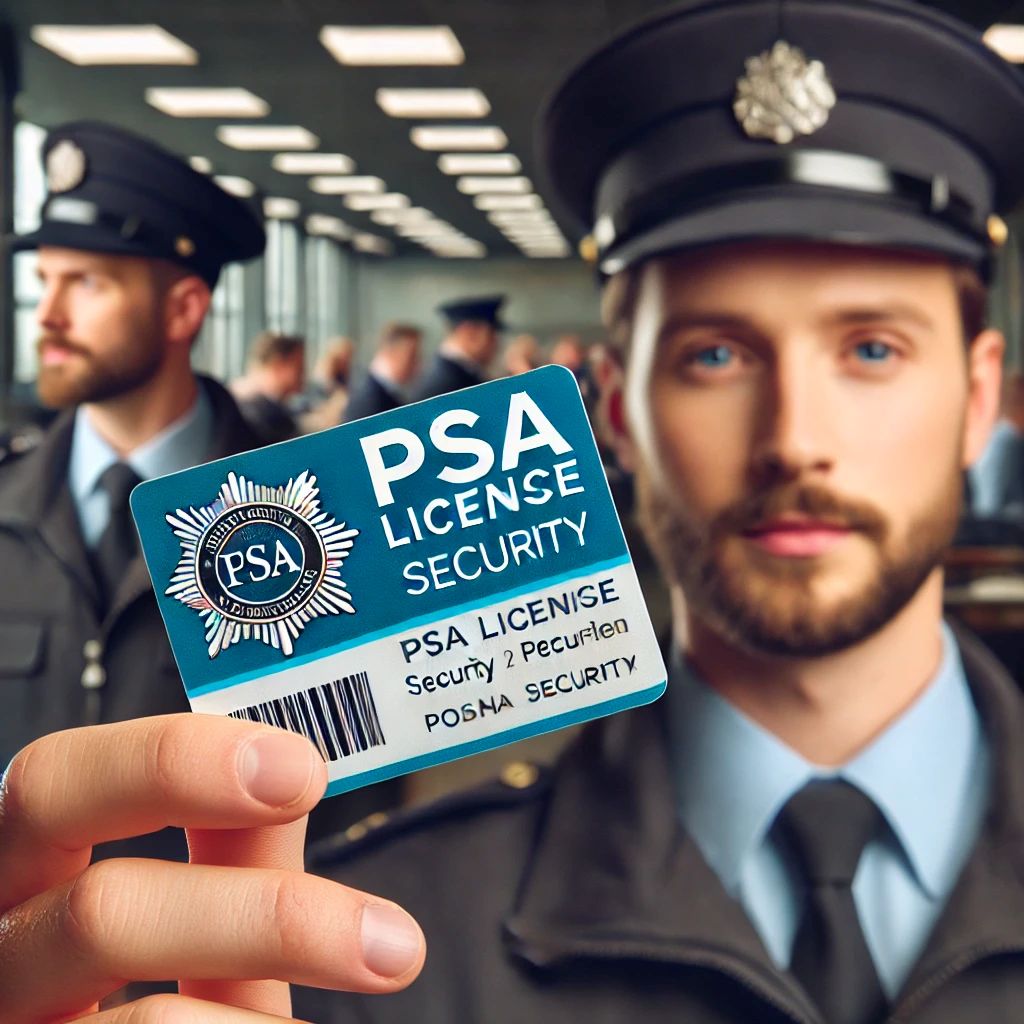

The vetting process includes educational verification, employment history reviews, personal character references, and identity verification.
1.All candidate data uses encryption during transmission and storage, with access limited to authorized personnel who have completed data protection training.
Work history, education records, and financial information may be needed based on job specifications and industry rules.
Compliance ChecksCompanies perform specific background checks for remote workers, which include both standard and remote-specific verifications.
These include thorough identity confirmation and assessment of an employee's ability to handle confidential information from home.
Key factors to consider:
Compliance with the Private Security Services ActOrganizations must weigh these expenses against the benefits of risk reduction that thorough background checks provide.
Service reliability: Choose providers demonstrating consistent accuracy in verification processes and information cross-checking.
Frequently Asked Questions

Frequently Asked Questions
Airside security vetting is part of Ireland's pre-employment screening process for positions requiring airport access and known consignor status. Checkback works with UK recruitment teams to provide BS7858 security vetting services for airside positions.
The Data Protection Commission maintains these standards, and organizations face penalties up to €20 million or 4% of global revenue for violations. Employers should collect only job-relevant information and obtain written consent to protect against data privacy violations, maintaining a legal and ethical hiring process.
Safe Pass Verification

2.Data Examination: Complete checks against multiple internal and external databases.
During pre-employment vetting in Ireland, organizations need to know about the European Criminal Record Check (ECRC) system used through Checkback.
Checkback International follows these standards through security protocols and regular audits of their data handling processes.
Garda National Vetting Bureau
Any social media reviews should relate directly to the job requirements and be conducted fairly and openly.
While reviewing the financial reliability of potential hires, many organizations use Consumer Credit Stress Checks to understand candidates' fiscal responsibility.
Background checks search all previous names and aliases using legal documents like marriage certificates, deed polls, and court orders. Each name variant gets checked across databases during the screening.

Background checks in Ireland help organizations make informed hiring decisions by reviewing a candidate's history. These checks examine court records, bankruptcy information, and European criminal data. Following PSA 74:2019 Vetting Standards, businesses use tools and technology to verify candidates' identities, educational credentials, and work experiences. The process supports workplace safety and forms an important part of Irish business practices.
Clients often report the quick completion times and professional work of vetting services, comparing them favorably to previous in-house screening methods.
4.Ignoring Candidate Concerns: Respond to queries from candidates promptly to maintain transparency and trust.
A background check in Ireland involves reviewing a person's criminal, financial, or personal records to assess their suitability for a role or position.
The duration can vary but typically takes between 1-2 weeks, depending on the type and complexity of the check.
Garda vetting is a specific type of background check required in Ireland for individuals working with children or vulnerable adults, involving checks against police records.
Yes, you must obtain consent from the individual before conducting any background checks in Ireland.
Not for all employees, but certain sectors such as healthcare and education may require comprehensive checks.
It includes checking for any criminal convictions or offences recorded against the individual.
Yes, individuals can request their own background checks in Ireland for personal review or to prepare for employment screenings.
Skipping background checks can lead to hiring unsuitable candidates, which may result in legal and reputational risks.
Yes, police clearance is a general criminal record check, while Garda vetting is specific to roles involving vulnerable groups and includes more detailed investigations.
You can request transcripts or degrees directly from educational institutions or use third-party services that specialize in educational verifications.
Information about spent convictions, certain types of personal data, and other protected characteristics under GDPR is off-limits unless specifically relevant and lawful to access.
International checks may involve additional complexities such as different laws, languages, and longer processing times.
No, background checks do not affect your credit score as they do not involve a credit inquiry that would impact the score.
Best practices include securing data in compliance with GDPR, limiting access to authorized personnel, and ensuring data is stored for only as long as necessary.
It depends on the industry and role, but typically every 2-3 years or when significant changes occur in the individual’s role or responsibility.
While not specific by law, many IT positions require checks due to access to sensitive or proprietary information.
GDPR regulates the processing of personal data, ensuring that background checks are conducted in a lawful, fair, and transparent manner.
Yes, but it must be done lawfully and with the individual’s consent, considering the relevance to the role.
Penalties can include fines, legal actions, and reputational damage, depending on the severity of the non-compliance.
Remote work has increased the importance of thorough background checks, especially for those in positions of trust or handling sensitive data.
Best practices include conducting similar checks as for permanent staff, especially if they have access to sensitive or critical areas.
Ensuring fairness involves following consistent procedures, obtaining consent, and allowing candidates to dispute inaccuracies.
Yes, it’s recommended to tailor background checks based on the specific risks and requirements of each position.
Signs include transparency about services, compliance with legal standards, positive reviews, and strong data protection practices.
Handling involves assessing the relevance to the job, discussing findings with the candidate, and considering legal and ethical implications.